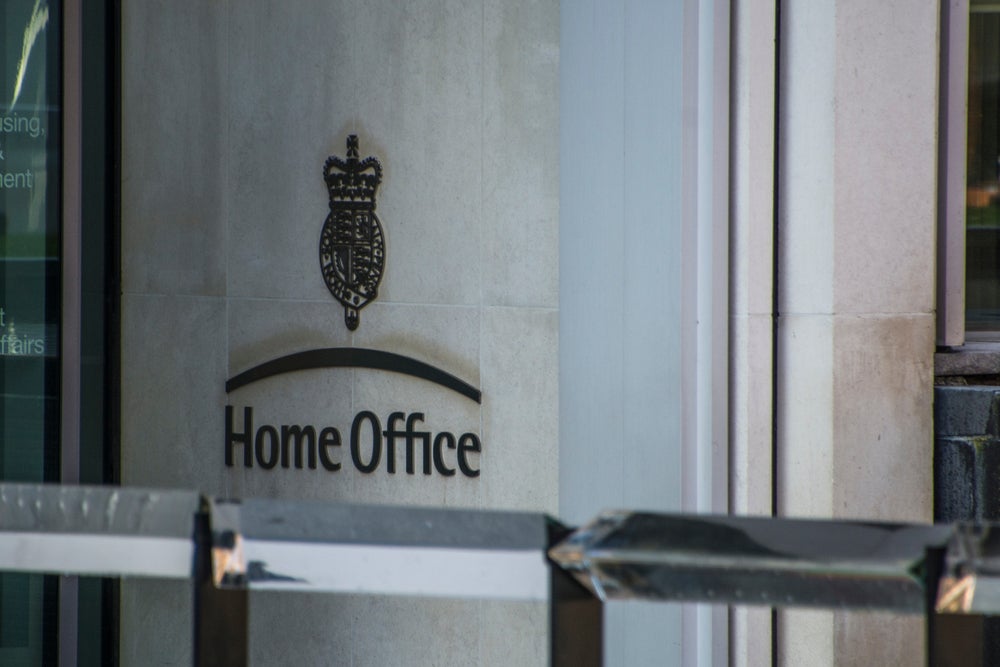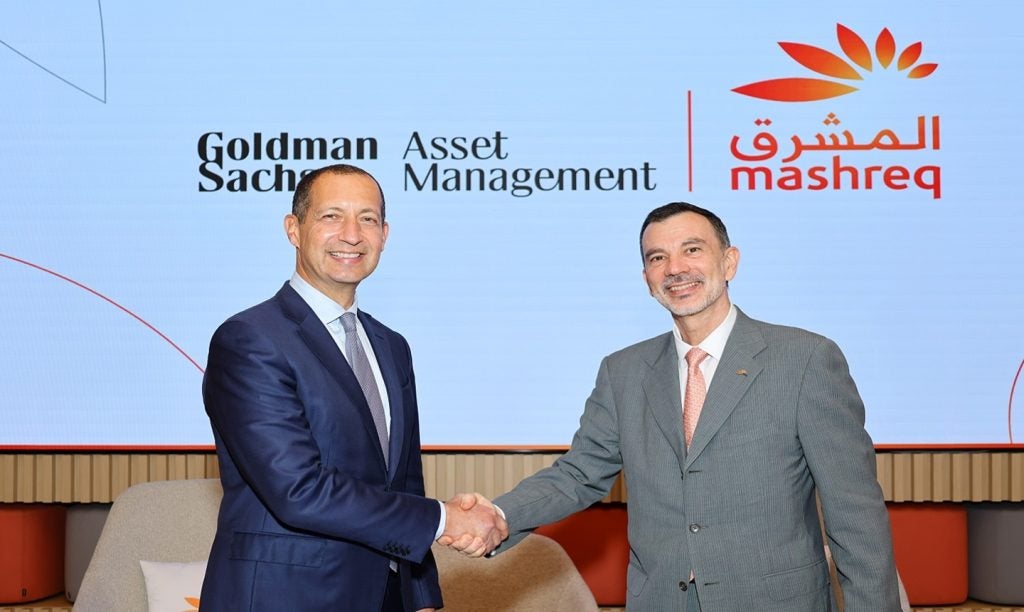
High net worth investors looking to live in the UK will now face tougher tests after the Home Office announced changes to the popular Tier 1 Investor visa.
This type of visa is a fast-track entry for people looking to live or work in the UK. However, the minimum £2 million investment required makes it an option normally only available to HNWIs.
“Applicants will be required to prove that they have had control of the required £2 million for at least two years, rather than 90 days, or provide evidence of the source of those funds,” the Home Office said in a statement on Thursday.
Since the threshold was raised to £2 million in 2014, Britain saw the highest number of Tier 1 Investor visa applications in the fourth quarter of 2018. Most (42) of the 92 approved applications where from Chinese nationals. Applicants from the GCC were the next largest, with 12 approvals from the UAE, Saudi Arabia and Qatar.
However, a total of a total of 1,697 applicants have been refused since January 2015. A review of the scheme in November found tax irregularities accounted for the majority of refusals.
Nonetheless, these new rules come amid a tougher stance on money laundering taken by the British government. In December, the Home Office briefly suspended the Tier 1 Investor visa pending reform, only to reinstate it a day later.
Treasury Committee calls for action
Separate to the visa reforms, the Treasury Committee published a report last week recommending tougher action against money laundering.
The Economic Crime report highlighted “weak links” in the fight against money laundering. Major weaknesses include property transactions and company registrations.
Nicky Morgan who is chair of the Treasury Committee, said: “The Committee’s comprehensive report makes a series of recommendations around estate agents, Companies House, financial sanctions and the UK’s corporate criminal liability framework that would help the UK combat economic crime.”
These include requirements for Companies House to carry out AML (anti-money laundering) checks on those registering companies, and HMRC to ensure all estate agents are registered with them for AML purposes.
New visas for entrepreneurs
While clamping down on the top tier visas, the Home Office also said it would open two new visa routes for entrepreneurs in the UK.
“The Start-up visa route will be open to those starting a business for the first time in the UK, while the Innovator visa route will be for more experienced business people who have funds to invest in their business,” the Home Office said.
The Start-Up visa replaces the existing Tier 1 Graduate Entrepreneur route while the Innovator Visa replaces the Tier 1 Entrepreneur Visa.
Philip Barth, head of immigration at Irwin Mitchell Private Wealth said: “The lowered threshold for entry level across both routes will definitely encourage more international businesspeople to set up shop in the UK.”







